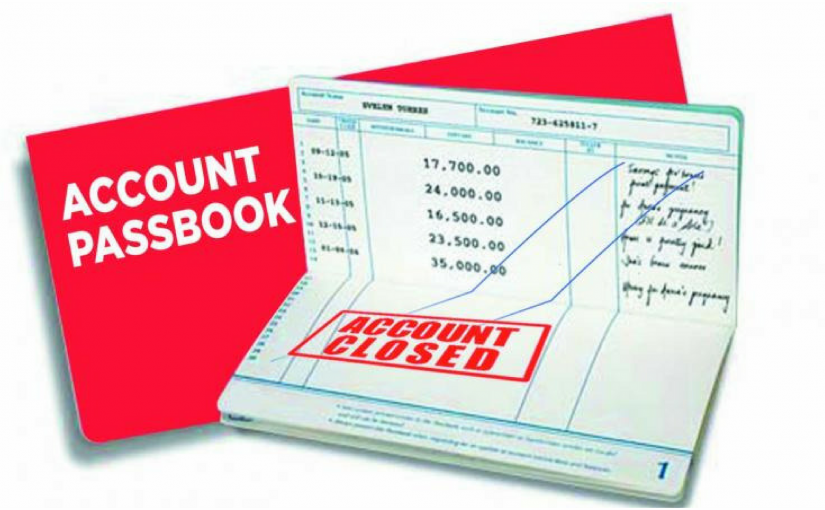This post may contain affiliate links please read our disclosure for more info.
Image credit: http://www.asianage.com/
During the course of our lives we will move house and change jobs, life can be fairly hectic at times so it can be easy to lose track of some aspect of our financial affairs. It is possible to forget about bank accounts that we opened as children or teenagers, particularly if there was not a lot of money deposited in the account at the time. When a bank account or savings account is inactive for a period of time, financial institutions categorise the account as dormant. The amount of time it takes to be categorised as dormant varies from bank to bank. For some it will be a year, for others it will be 3 years of inactivity. The money in these dormant accounts still belongs to you so you should take steps to retrieve it. I recently became aware of a dormant savings account that I was using up until a few years ago.
Dormant Accounts
What Should you do Next?
If you have the account number and sort code, contact a branch of your bank or building society and explain that you want to re-open a dormant account. If you simply want to withdraw any funds from the account, explain that too. They will have their own procedures for reactivating a dormant account. In my case, I needed to present an accepted form of identification (passport or driver’s license) together with an up to date proof of address. When this was verified, the bank were happy to reunite me with my funds.
If you cannot remember the account details and do not have any old correspondence to help you visit http://www.mylostaccount.org.uk/ . The website will ask you to fill out an enquiry form and then will help you through the process of tracking down your dormant account or that of a deceased family member. Please be aware that the process could take up to three months.

Image credit: https://www.mylostaccount.org.uk/
If the dormant account that you are trying to find is a pension, rather than my lost account you should read this article which will help you find your pensions.
The Government Will Take Your Money
Following the introduction of the Dormant Bank and Building Society Accounts Act in 2008, Reclaim Fund Ltd (RFL), the government laid out plans to seize money left in in dormant accounts and untouched for 15 years. This moneywill then be re-directed to good causes across the UK, so far £360 million has been used in this way. If you want to decide for yourself how to spend your money, track down any dormant accounts that you have and reclaim your money.
Have you have success tracking down a dormant account? Let me know in the comments section below.
If you have enjoyed this post you will also like the following posts:
Can you live off a Cash Budget for a Week?
Has the Cryptocurrency Bubble Burst?
Why you Should Drive and Old Car and Pay of Your Mortgage Early
Make Money By Being Part of a Focus Group
Save Hundreds on Rent Per Month By Becoming a Property Guardian
4 Obstacles you Will Face on Your Financial Journey
Make Money Now With These Two Referral Apps
Have you got the Right Money Mindset?
My aim with each blog post is to help you move to a better financial future. I believe that there is not enough financial education in the national curriculum and I intend to share anything helpful that I have learned along the way. I am by no means a financial expert. None of the information on this website constitutes financial advice and is provided as general information only. This is my personal finance blog; my marketing blog is over here and I have been blogging there since 2010. I hope you have found this information useful. Thank you for reading.
Best regards,
Mike









